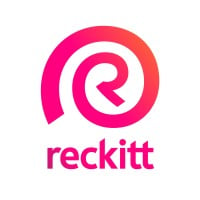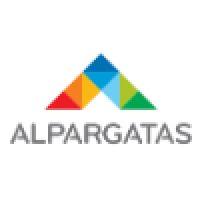
Reckitt
Every day, in everything we do, our purpose is to protect, heal and nurture in the relentless pursuit of a cleaner, healthier world. And we have a fight on our hands. A fight to make access to the highest quality hygiene, wellness and nourishment a right and not a privilege. Each of our products is designed to do exactly this. Our well-loved brands have been making a difference to people’s daily lives around the world for more than 200 years. Brands including: Durex, Dettol, Enfamil, Nurofen, Strepsils, Gaviscon, Mucinex, Nutramigen, Lysol, Harpic, Cillit Bang, Finish and Vanish. By 2030, our ambition is to reach half of the world, every year. We’re a growing global community of over 43,000 people on a journey of transformation and sustainable growth. Together, our success will continue to positively impact communities everywhere, for a healthier planet and a fairer society. Want to learn more about us? Visit reckitt.com






